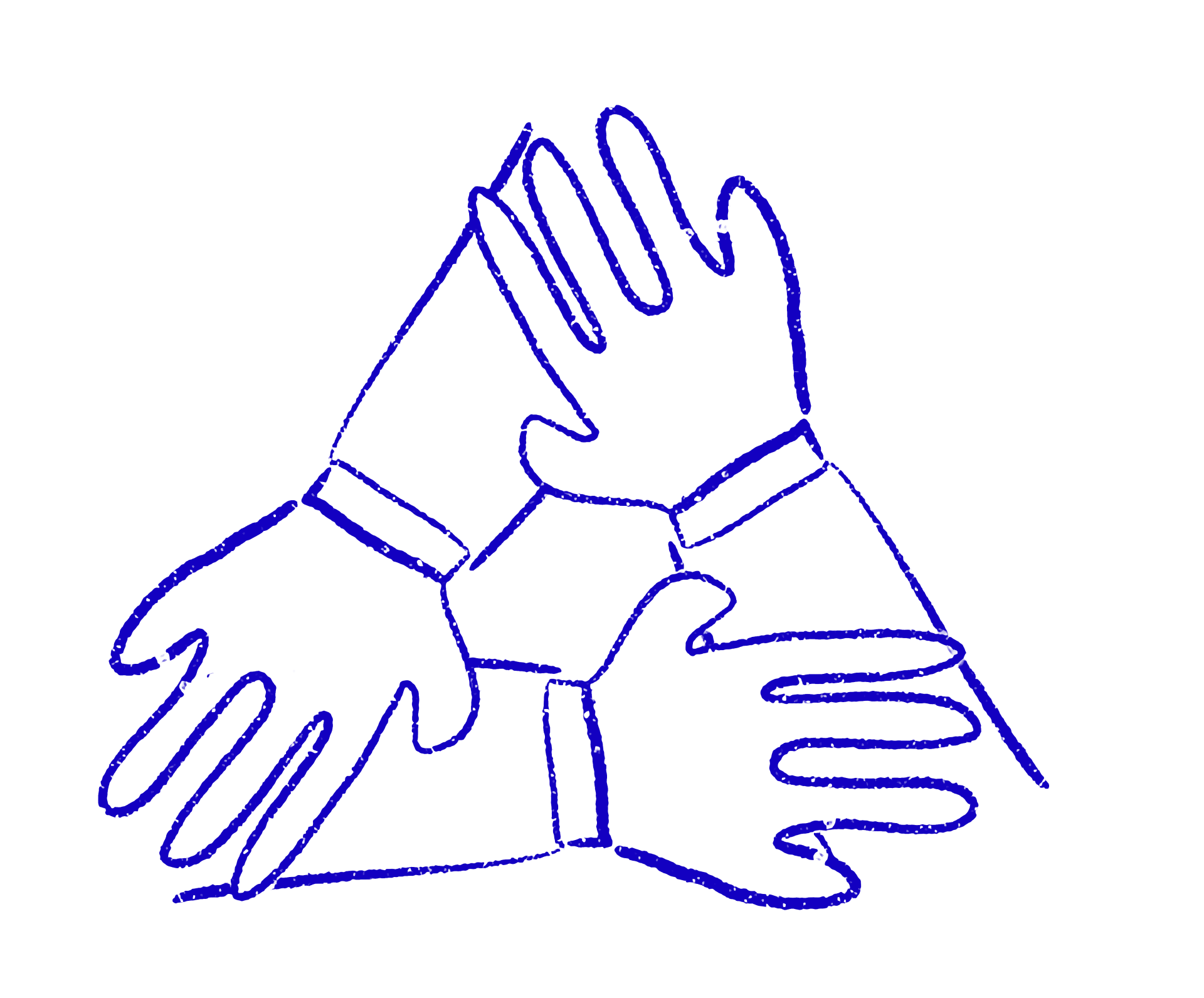Access to Mental Health and Wellbeing Support for Ukrainian Refugees
Find information, practical advice, and signposting to resources and organisations providing support to Ukrainian people being hosted in our Boroughs
Доступ до підтримки підтримки емоційного здоров’я та благополуччя для українських біженців
Знайдіть інформацію, корисні поради та посилання на ресурси та організації, що надають підтримку українським переселенцям, яких наразі проживають у наших районах.
Возможность получить поддержку в области психического здоровья и благополучия для украинских беженцев
Поиск информации, практических советов и указаний на ресурсы и организации, оказывающие поддержку украинским беженцам в наших районах.
How Trauma Can Affect You - Як травма може вплинути на вас - Как травма может повлиять на вас
Reactions to Trauma - Реакція на травму - Реакция на стресс
Understanding Post Traumatic Stress Disorder (PTSD) - Розуміння посттравматичного стресового розладу (ПТСР) - Понимание посттравматического стрессового расстройства (ПТСР)
Wellbeing Guide
Advice for Parents & Carers looking after Children and Young People - -
We are all thinking about the children and young people of Ukraine. The invasion has not only created a refugee crisis but caused anxiety and post-traumatic stress disorder (PTSD) for many displaced children and young people.
To help parents/carers and families looking after the young who have experienced trauma, the following resources in Ukrainian, Russian, Polish and English are available.
Поради батькам та опікунам, які піклуються про дітей та молодь
Ми всі думаємо про дітей та молодь України. Вторгнення не лише спричинило кризу переселенців, але й викликало тривогу та посттравматичний стресовий розлад (ПТСР) у багатьох переміщених дітей та молодих людей.
Щоб допомогти батькам/опікунам і сім’ям, які доглядають за молодими людьми, що пережили травму, ми пропонуємо наступні ресурси українською, російською, польською та англійською мовами.
Консультация для родителей и опекунов, заботящихся о детях и подростках
Мы все думаем о детях и молодых людях Украины. Вторжение не только создало кризис беженцев, но и вызвало тревогу и посттравматическое стрессовое расстройство (ПТСР) у многих перемещенных детей и молодых людей.
Чтобы помочь родителям/воспитателям и семьям, заботящимся о молодых людях, испытавших последствия травмы, доступны следующие ресурсы на украинском, русском, польском и английском языках.
British Red Cross help, information and support for Ukrainian refugees in the UK
British Red Cross support line provides help in more than 200 languages, helping people who are lonely, worried and finding it hard to get the help they need in the UK.
Call on 0808 196 3651 (open daily 10am – 6pm) and you can ask for an interpreter if you need one.
Довідник з питань життєдіяльності (українською мовою)
Допомога, інформація та підтримка Британського Червоного Хреста для українських біженців у Великій Британії: https://www.redcross.org.uk/get-help/get-help-as-a-refugee/help-for-refugees-from-ukraine
Лінія підтримки Британського Червоного Хреста надає допомогу більш ніж 200 мовами, допомагаючи самотнім, стурбованим і тим, кому важко отримати необхідну допомогу у Великій Британії.
Телефонуйте за номером 0808 196 3651 (працює щодня з 10:00 до 18:00), і ви можете попросити перекладача, якщо він вам потрібен.
Руководство по благополучию (на украинском языке):
Помощь, информация и поддержка Британского Красного Креста для украинских беженцев в Великобритании: https://www.redcross.org.uk/get-help/get-help-as-a-refugee/help-for-refugees-from-ukraine.
Линия поддержки Британского Красного Креста предоставляет помощь на более чем 200 языках, помогая людям, которые одиноки, обеспокоены и которым трудно получить необходимую помощь в Великобритании.
Звоните по телефону 0808 196 3651 (работает ежедневно с 10 утра до 6 вечера), и вы можете попросить переводчика, если он вам нужен.
Supporting Ukrainian refugees with their mental health
Over 2 million people have fled to neighbouring countries including the UK, as the tragedy in Ukraine continues to unfold.
The invasion of Ukraine and its effects will be felt for years in the minds and bodies of people, and children and young people are particularly vulnerable to the impacts of this trauma. The story doesn’t end when people escape the conflict, the experience can continue to have a big impact on their mental health. The reality of the separation from support networks like family and friends, often leaves feelings of isolation. We can help to change this, as no one needs to be left to struggle while they process their trauma.
Tetiana from Ukraine
What might guests be going through?
People fleeing the invasion may have seen their homes and towns destroyed, and become separated from family, friends and their belongings including pets. They may have experienced violence towards themselves and others, and witnessed terrible things.
Their experiences of being in and fleeing a conflict situation, may present a range of emotional and physical responses. These may appear immediately or not, be short or last for months and years to come.
There are things we can all do to help create the most welcoming environment to help people try and heal, but as a sponsor of a displaced family or individual, you aren’t expected to be a professional in mental health or trauma.
Thank you for being a part of their healing journey.
Understand that people experience trauma differently
One of the easiest ways to help people feel supported is to listen to them and what they need. Even after the immediate danger has passed, many people will struggle to feel safe.
People may be withdrawn or disengaged. They may still be feeling the shock, exhaustion, upset, grief and anger which may also disturb their sleeping and eating.
By understanding, creating space, trying not to make too many demands and acknowledging that some of the challenges may be ongoing can be helpful.
Be focused on the present to establish emotional and physical safety; and avoid asking for details which may trigger traumatic experiences for your guests. They may wish to share what’s happened to them, or they may just want to try and move forward with their lives.
Make people feel comfortable in your home
It’s good to ask your guests what would make them feel safer and offer a place to lock away their personal possessions. Continuing to promote your guests dignity can help them to feel safe.
Be clear about what choices your guests have; for example to rearrange a room, what and when to eat, and where and when to sleep, with access to accurate, timely information. Discussing the way space is used in your home, allowing for friendships and connections but also privacy when needed will help people feel safer and more in control.
Remember that the welfare of loved ones and friends back in Ukraine will be at the forefront of people’s minds. So phone and internal access is vital, as being able to make contact and feel assured about their safety will reduce distress and anxiety.
Connecting with communities
Connection to the community, inclusion and access to peer support from others can also help someone trying to overcome displacement and trauma. Mind in Havering, Barking & Dagenham can help hosts to form meaningful peer groups or invite you and your guests to local community groups that are already established.
Asking guests whether they have any hobbies or interests or belong to any religious groups will also help them feel more connected.
Connecting with others may be particularly helpful for children who still have particular needs related to their developmental stage, for example through play and drawing. Protecting them from further triggers such as detailed news stories and images that are a reminder is also important.
Understanding with children and young people who have experienced significant trauma will sometimes act in ways as if they are younger than they are, such as needing more contact and cuddles is helpful.
Practical support
Focusing on practical, every day concerns, can help people feel more in control, empowered and independent in your home.
Cultural differences and systems such as healthcare, education and employment can make people feel isolated and your guests may feel confused and disorientated at times. You can help by offering them practical support, such as setting up a bank account, and helping them register with a school, GP and dentist.
Hosts can empower newly arrived people by helping them navigate Havering in particular and the wider local area, and by providing practical tools such as public transport options and directions to the job centre, library and places of interest.
This will improve confidence in exploring the local area, which will then support their language development, connection opportunities, possible employment and sense of belonging in the wider community.
The Sanctuary Foundation
An introduction to refugee safety, wellbeing and support – short e-learning course: www.sanctuaryfoundation.org.uk
Looking after your own emotional wellbeing
5 Ways to Wellbeing
Whenever we offer support to others, it’s important to check that we are in a good-enough place to do this and have our own support in place so we are able to be as helpful as possible and avoid causing harm (to others and ourselves).
Being prepared means anticipating what might go well and not so well, where further information and resources exist that we and others can draw on, and how we might respond when there are stresses, difficulties and challenges.
The CALMER framework, reminds those offering support to be calm. By being calm we are better able to think and plan. Being calm also helps us to be in a better place to listen and hear what types of support others would find most helpful.
CALMER has six steps which guide us through how to provide support.
C – Consider needs and risks
A – Acknowledge diversity in people’s needs, understanding and preferences
L – Listen with empathy
M – Manage situations to promote dignity and respect
E – Enable contact with supportive others
R – Resource through the provision of information and support
Remember your own needs
The six stages start and finish with you. Always consider the needs and risks that you are likely to encounter yourself, as well as the situation and those we are offering support to. At the end, remind yourself of your own needs and how to meet these. This will really help your ongoing capacity. By considering these you can anticipate challenges and problem solve to enable your readiness to respond effectively. Don’t forget, you can repeat the CALMER process many times.
Additional Resources

Side By Side
Side by Side is a supportive online mental health community where you can be yourself. We all know what it's like to struggle sometimes, but now there's a safe place to listen, share and be heard.
Find out more





